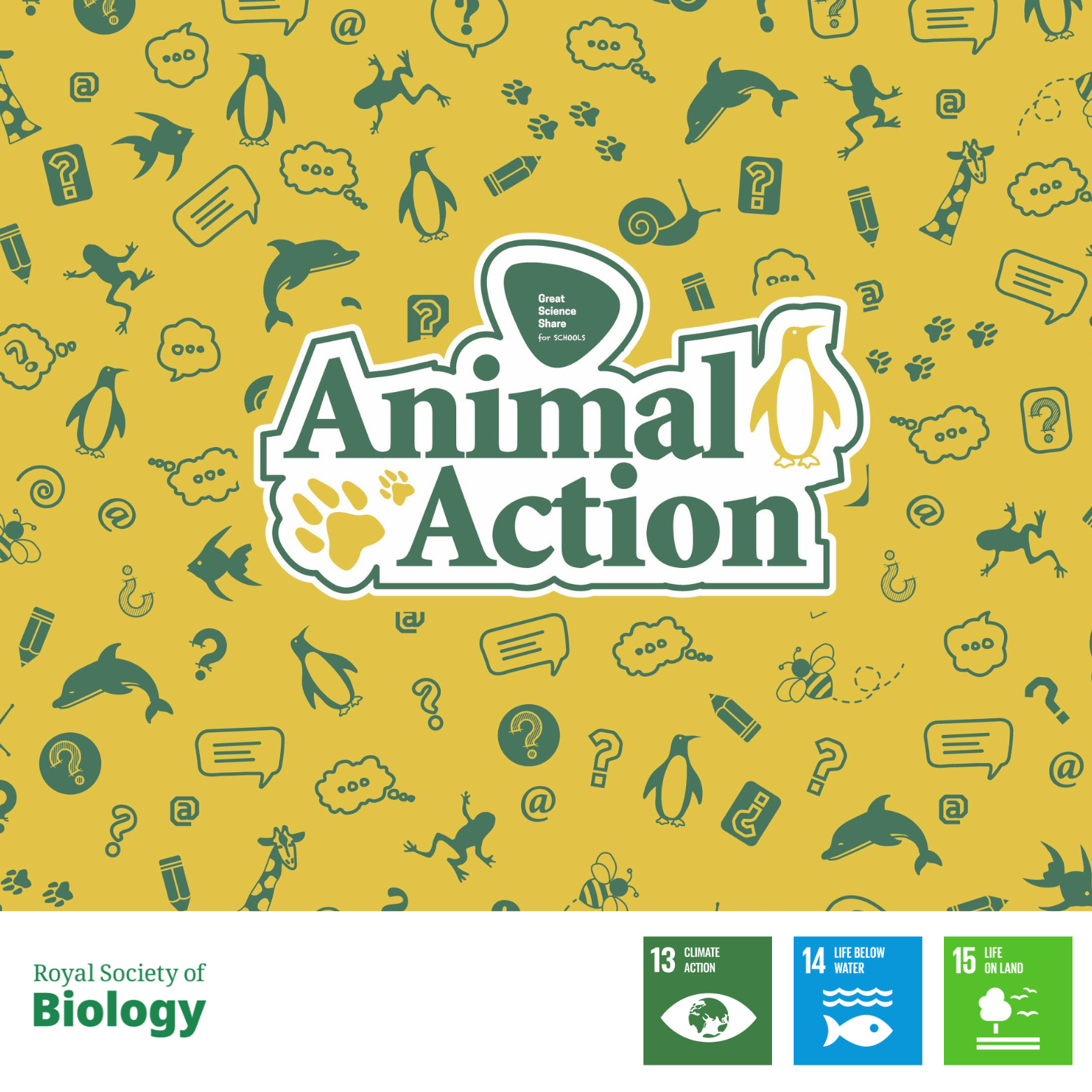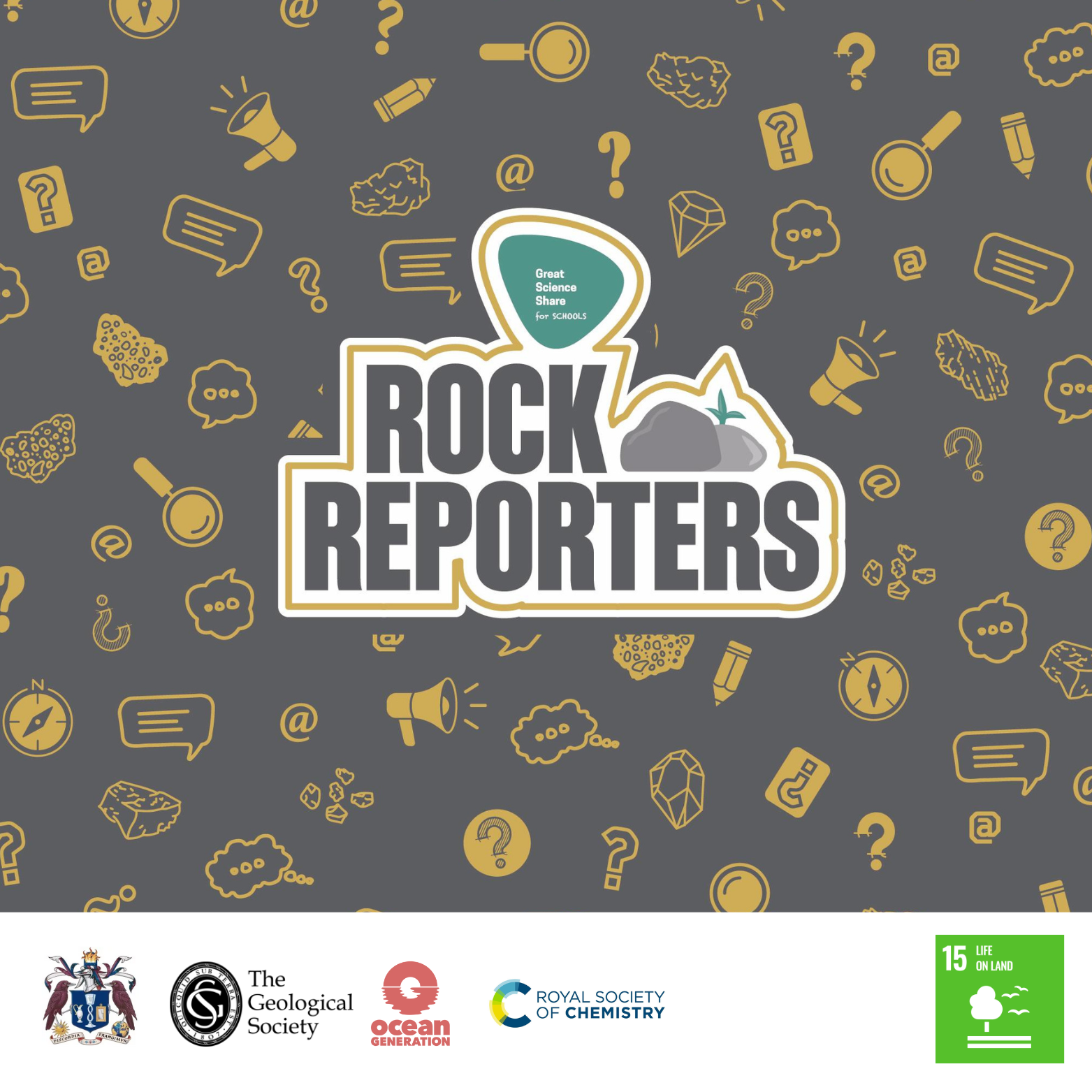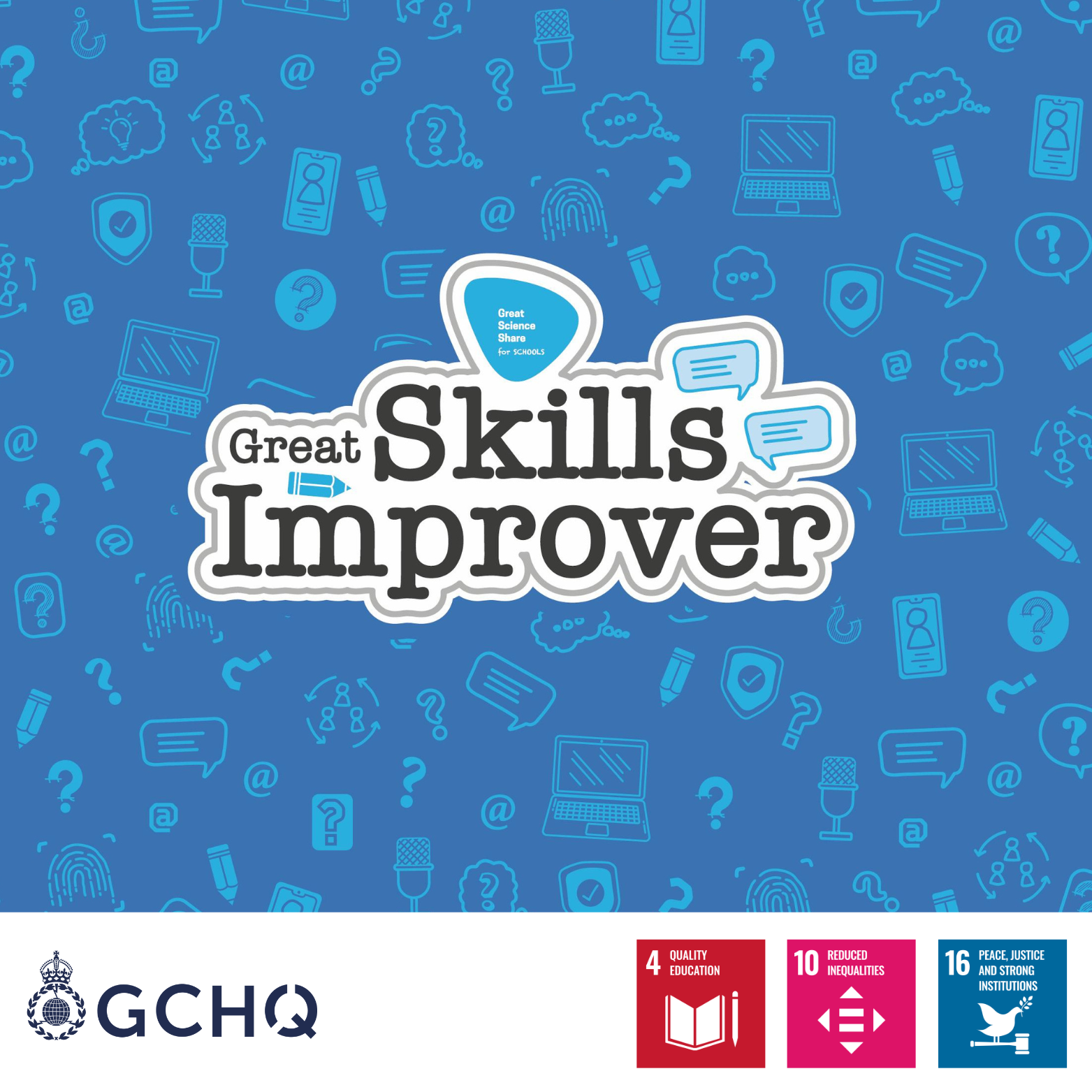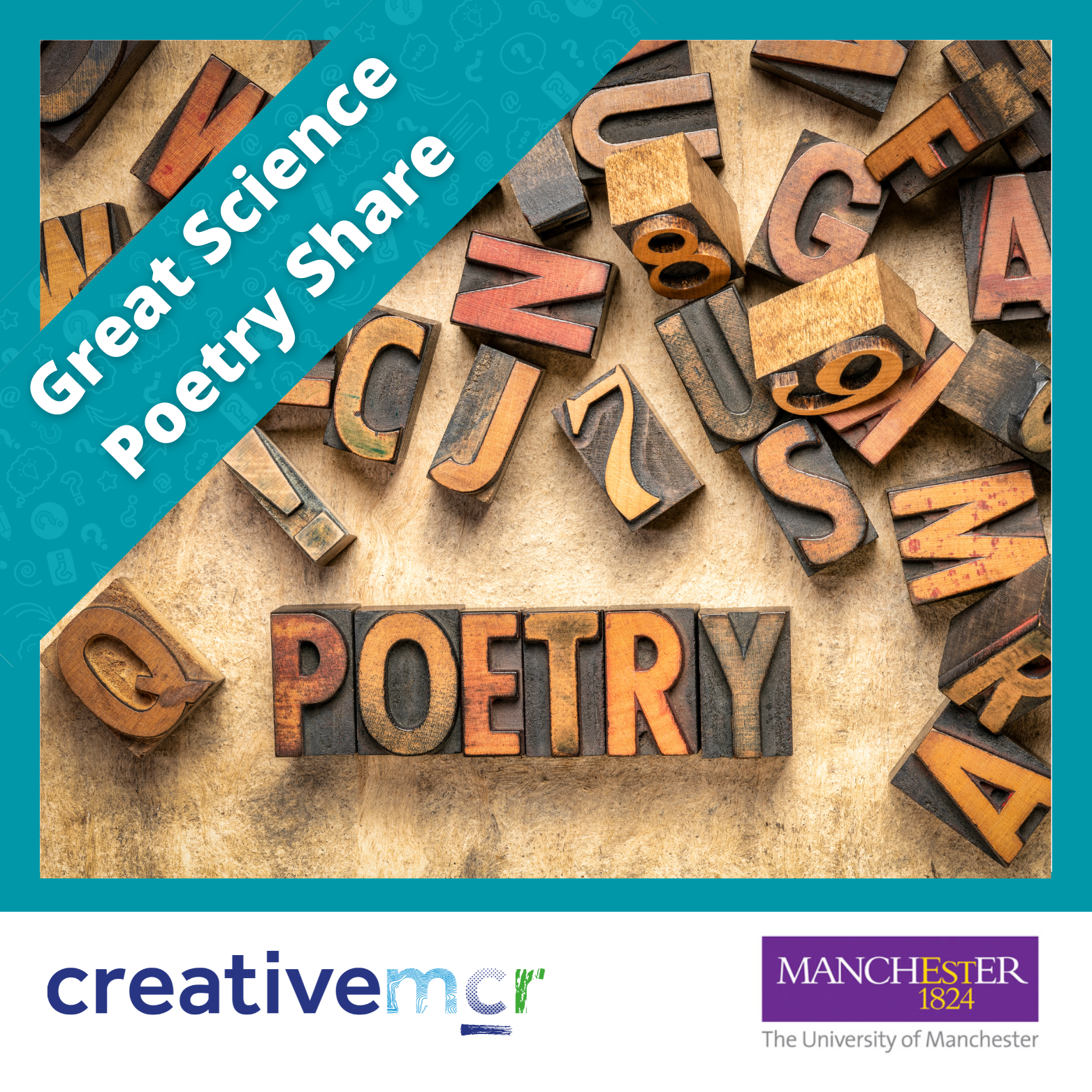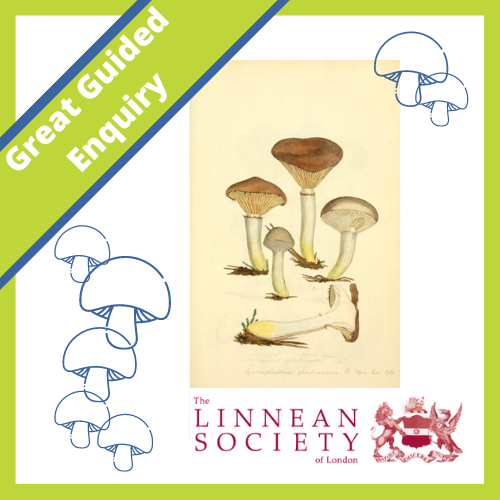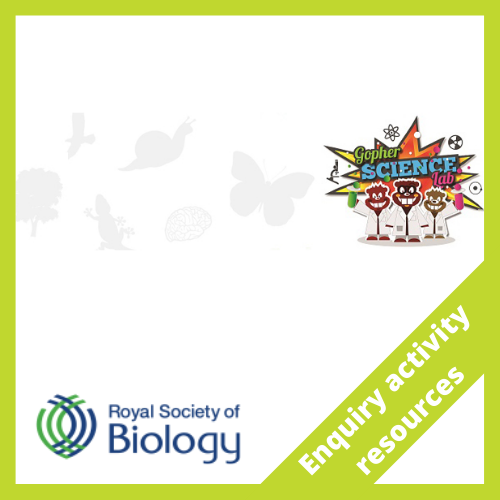It’s time to get curious! Encourage your pupils to ask questions that can lead to an enquiry. Here’s a range of engaging ideas and contexts to support you.
THESE RESOURCES WILL:
nurture the skills and curiosity of your pupils
inspire them to ask and investigate scientific questions they’re interested in
provide opportunities for your pupils to think as scientists, gathering evidence and communicating findings to others.
Which animal is the most important of all?
Inspired by the picture book, ‘The Most Important Animal of All’ by Penny Worms, pupils use their knowledge of animal features to collect data, increase pollinators and investigate animals that improve soil quality.
Curriculum topics: observing over time; prediction / hypothesis; and animals.
Cross-curricular links: English, art, geography and PSHE.
Why are rocks important?
Rock Reporters connects geology to everyday life, helping pupils investigate where rocks come from, how they are used, and why they matter in local and global contexts all whilst developing skills of recording and interpreting data and using scientific models.
Curriculum topics: recording and interpreting data and using scientific models; rocks.
Cross-curricular links: geography and maths.
Can machines think?
Pupils develop their teamwork and thinking skills through a science embedded task around the work of leading scientist Alan Turing and explore the question, ‘Can machines think?’
Curriculum topics: personal capabilities, computing
Cross-curricular links: computing, maths, PSHE.
For all ages
Creative Manchester, in partnership with Great Science Share for Schools, is running a Micropoetry competition. Use the Great Guided Enquiry resources to support your pupils to get involved!
How does the number of components affect the outputs in a circuit?
Investigate the effect of different components to vary the outputs in a circuit linked to the book ‘These Chips Can!’ written by Jules Pottle.
Curriculum topics: working scientifically, electricity
Cross Curricular: literacy and history
How can our we protect our oceans? Get practical - make models to investigate the effect of variables, and explore how scientific models are used to explore what happens in nature…
Curriculum topics: working scientifically, materials and dissolving to form a solution
Cross Curricular: Citizenship, Global Sustainability
Are all flowers the same? What about insects?…
With supporting resources from Manchester Museum, pupils explore biodiversity and life on land.
Curriculum topics: working scientifically, disciplinary knowledge - observational drawing
Cross Curricular: Art, Industry
How do water and wind make things move?
Experience and apply knowledge and awareness of water and air exploration to connect how sustainable energy is produced.
Curriculum topics: working scientifically, forces (air and water resistance).
Cross Curricular: Design Technology, Maths, Geography
What conditions make the best spin?
Inspired by Quantum researchers and linked to Izzy Jones’ Quantum World.
Curriculum topics: working scientifically, variables
What are clothes made from & why?
Investigate fabrics used in clothing and consider the issues of fast fashion. Supported by Energising Futures.
Curriculum topics: working scientifically, materials and their properties
What affects performance during sport?
Inspired by the Olympics and sport with support from Explorify and BBC micro:bit playground survey.
Curriculum topics: working scientifically, human body, muscles, fatigue
How much do the technologies in our school contribute to climate change?
Investigate and animate with micro:bits & Scratch, developed with Barefoot Computing.
Curriculum topics: working scientifically, block coding
For all ages
Enhance pupil voice by writing and sharing letters to make a great noise about why science is important in our lives
Enquiry resources for 5 - 11 year-olds: Two age-related whole-class science guided enquiries all about glass, its properties and uses
Curriculum topics: everyday materials, states of matter
Enquiry resources for 5 - 14 year-olds: Three age-related whole-class physics guided enquiries inspired by a story about curiosity and gravity; developed in collaboration with aerospace engineers at The University of Manchester.
Curriculum topics: everyday materials, forces
Enquiry resources for 5 - 14 year-olds: three age-related whole-class biology guided enquiries to get pupils outdoors foraging, in the context of mushrooms.
Curriculum topics: living things and their habitats, plants
The Great Phizzi Share resources aim to support children in developing ideas about the physics aspects in the curriculum through enquiry within the context of climate action providing an opportunity for young learners to share their concerns in the classroom.
Enquiry resources for 5 - 14 year-olds: A reading by the author with an accompanying video lesson on air pollution and a lesson plan.
Curriculum topics: animals including humans, evolution and inheritance, living things and their habitats, plants, seasonal changes
Working scientifically: Plan and carry out a comparative test
Activities for all ages and durations. Celebrate Biology Week with nature walks, STEM club talks, artworks… the choice is yours!
Games for 10+ years, 10-30 minutes per game. Test observational skills and memory with bioscience themed games.
Films for 10+ years, 3-10 minutes per video. Raise awareness and aspirations about different bioscience careers with short videos from scientists.
Activities for 9-18 year-olds, 15-30 minutes per activity. Develop peer to peer teaching and learning through hands-on science.
CREST: Stop the Spread
Project for 10-14 year-olds, 5 hours. Get hand-on finding real solutions to global problems through group enquiry.
CREST: DNA and the world around you challenges
Activities for 7-11 year-olds, 45-60 minutes per activity. Explore the impact of DNA, genes and genomes, to make connections with our everyday lives.
Enquiry resources for 5-14 year-olds, varying durations. Explore resources to support the teaching of geoscience in your classroom.
Superhero Scientists: What’s Leonardo got to do with me?
Enquiry resources for 7-11 year-olds, 40-60 minutes. Meet the authors in this science and drama lesson with a guest appearance from Leonardo Da Vinci!
Extend all four 2025 Great Guided Enquiries with a selection of specially curated activities from Explorify.
Open Schooling: What does pollution look like?
Enquiry resources for 7-11 year-olds, 60 minutes + prep time. Pupils engage in a variety of of investigations exploring the different types of pollution around us.
Open Schooling: Sounds Around Us
Enquiry resources for 7-11 year-olds, 70 minutes. Get pupils instigating the science around them, as they gather, record and analyse data about the sounds in your school.
Phizzi enquiry: Coin Battery
Enquiry resources for 7-14 year-olds. A practical activity for pupils to follow in Michael Farday’’s footsteps and make their own battery.
Phizzi enquiry: Sound Circus
Enquiry resources for 7-14 year-olds. A hands and minds on investigation to get pupils thinking about sound.
CREST Awards Superstar Challenge
Enquiry resources for 7-11 year-olds, 45-60 minutes. Pupils are tasked with catching a dog-napper using chromatography!
Explorify: What’s Going On?
Enquiry resources for 5-11 year-olds. Short, distraction-free videos to encouragepupils to explain their thinking and apply their knowledge in new contexts.
Explorify: Problem Solvers
Enquiry resources for 5-11 year-olds. Problem Solvers allow pupils to overcome hurdles, seek out solutions as a team, develop their critical thinking and have fun!
Explorify: What If?
Enquiry resources for 5-11 year-olds. Start with a fun question to help pupils place their ideas and thoughts in new contexts and discussion skills.
Explorify: Have You Ever?
Enquiry resources for 5-11 year-olds. Activities to inspire pupils to think about STEM subjects and science careers.
Explorify: Have You Ever?
Enquiry resources for 7-11 year-olds. Relatable and adaptable science questions that build on pupils’ prior experiences.
Explorify: The Big Question
Enquiry resources for 5-11 year-olds. Activities to get your pupils thinking like scientists as they work together to plan and present their own investigations.
Explorify: Zoom Out, Zoom Out
Enquiry resources for 5-11 year-olds. Visually engaging activities to hook the whole class and inspire question-asking.
Explorify: Odd One Out
Enquiry resources for 5-9 year-olds. Stimulate discussions with activities to promote observation and share ideas and knowledge.
Extend all three 2023 Great Guided Enquiries with a selection of specially curated activities from Explorify.
EBSOC: Opening a Can of Worms
Enquiry resources for 7-14 year-olds. Simple, hands-on activities linked to real-life research for families to do at home.
EBSOC: Opening a Can of Worms
Enquiry resources for 9-14 year-olds. An animal behaviour teacher toolkit to support you create investigations with your pupils.
EBSOC: More Milk Zuri?!
Enquiry resources for 8-14 year-olds. Free downloadable resources with interdisciplinary curriculum links with science, social science, literacy and sustainability.
EBSOC: The Big Balloon Blow-Up
Enquiry resources for 8-14 year-olds. Free downloadable resources to support your learners investigate microorganisms and climate change.
EBSOC: Pondering Pond Life
Enquiry resources for 8-14 year-olds. Free downloadable resources to support your learners investigate pond water microorganisms
Royal Society of Biology: Gopher Science Lab
Enquiry resources for 11-14 year-olds to support transition. Activity booklets, practical resources and online training to support pupils deliver their own Gopher Science Lab activities to younger pupils.
IOPSpark: Marvin and Milo
Enquiry resources for 5-14 year-olds. A collection of practical Physics enrichment activities including downloadable pupil instructions.
ASE: Exploring Sustainability with children
Enquiry resources for age 5-11 years-old. This article reports on a school’s approach to engaging children in Education for Sustainability.
PSTT: Sketchbook Science
Enquiry resources for age 5-12 years-old. Combine science discovery and art with the help of PSTT’s Sketchbook Science.
PSTT: Science and STEM Club
Enquiry resources for age 5-12 years-old. Practical investigations related to recent research about the environment and climate science.
The Royal Society: Brian Cox School Experiments
Enquiry resources for age 5-11 years-old. Brian Cox presents a series of video resources to relate the experiments to the real world.
CREST: Bumblebee Mystery
Enquiry resources for age 7-11 years-old. Prompt your pupils to think about pollinators and their habitats.

Are you looking for some ideas for your Great Science Share?
Why not check out the CREST Awards, a scheme encouraging young people aged 5-19 years old to take on STEM project work and explore ideas that are interesting to them?
There are lots of resources on the CREST resource library, or you can come up with your own project idea on a topic that interests young people. You can use this project work to share your science as part of the Great Science Share.
CREST is a nationally recognised scheme for student-led project work in the STEM subjects (science, technology, engineering and maths).
A consistent and high standard of assessment and moderation is achieved for the scheme via our network of industry experts from the STEM and education sectors. It has been running since 1986 and sees tens of thousands of young people taking part each year.
Encourage your pupils to ask - investigate - share!
Buttons - Skills - People - Share
Staying safe whilst you share
We know things are uncertain at the moment, please follow the latest advice related to social distancing in your area to ensure you comply with your school safeguarding arrangements and restrictions. There are lots of ways you can still share and be safe!
For advice and guidance on how you and your children can risk assess your GSSfS investigation consult the safety resources and practical activity ideas on the CLEAPSS primary website: www.cleapss.org.uk.
CLEAPSS specialise in supporting practical work in schools including advising on health and safety. Start by reading their document ‘Assessing the risks of a primary science activity outside of a normal lesson’ and visit their primary site for further information.
For advice and guidance for Scottish schools, consult the health and safety pages on the SSERC website: www.sserc.org.uk
Safety & responsibilities: The Great Science Share for Schools and commissioned authors are not liable for the actions and activity of any persons who use these resources or in any of the suggested further resources. We assume no liability with regard to injuries or damage to property that may occur as a result of using this information. These activities are designed to be carried out by young people working with an adult. The responsible adult is fully responsible for ensuring the activity is carried out safely. You can access further H&S advice from www.cleapss.org.uk or your relevant advisory association.

